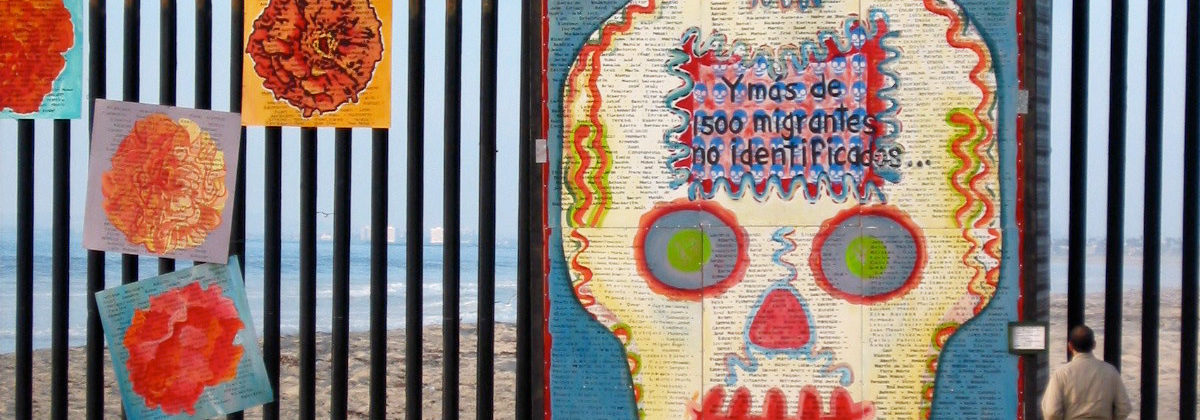At the recent Erasing Boundaries symposium, there were so many sessions with fascinating case studies of people’s engagements. (See “Spaces of Connection” post below for more information on this symposium.)
- Jocelyn Zanzot (Auburn) spoke about the Rural Landscape Studio in Macon County, Alabama, in which she and her students worked with the Shiloh Missionary Baptist Church to represent painful and deep histories. Shiloh was one location where people were selected for the Tuskegee Syphilis Study; there is also a cemetery from the 1860s and a school that was created out of the partnership of Julius Rosenwald and Booker T. Washington.
- Sujata Shetty (University of Toledo) spoke about her challenging inter-institutional work with Bowling Green State’s architecture students and her own planning students to address Toledo’s “shrinking.” Others spoke about the ways in which federal regulations limit what can be done with residents of public housing, but pointed to alternative management and ownership that is being tried in the Bronx, and participatory budgeting that has some legs in Chicago.
- Irma Ramirez (CalPoly-Pomona) spoke about “Transnational Borders and their Role in Architectural Education.” She sought out non-profit organizations in Tijuana, and challenged students to collaborate across cultures and languages over the past six years. Tijuana has 1.5 million people! She stressed looking for assets, such as incredible resourcefulness. Cal Poly-Familia Corazon developed a sustainable housing prototype, working across campus, and also built a model on campus. She noted that her work gained respect from her colleagues after it was co-awarded the National Council of Architectural Registration Boards’ Grand Prize for sustainable housing in Tijuana, Mexico. New project types are now in progress. Another project was to address deteriorating neighborhood announcement boards. Students designed and built twenty Infostructures; these have become multi-functional artifacts.
- Abby Harmon closed out the last session of the second day with a thoughtful reflection on teaching a course five times at the University of Illinois that is intended to “engage” students in the College of Fine and Applied Arts with issues of social justice. Abby quoted powerful writers, such as Patricia Collins Hill, and spoke about her efforts with the students to break down a “static sense of self” and critique the “helping” idea harbored by a number of us.

